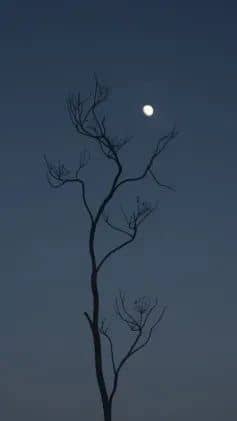Related Recs
Rec
🎼Kind of grim … but also really beautiful to be so immersed , sometimes I close my eyes and pretend I’m at a concert of the artist I’m listening to
Feb 11, 2024
Top Recs from @marshall
Rec
👁I started loving being alone most of the time, it made me feel bored and empty at first when I started living alone but now I am starting getting used to it and embracing it and realizing it wasn't that bad after all.
one of the best thing that could happen to a person is changing and expanding his perspective.
Rec
🪦Falling into a hole, again and again, each time saying, “This is not my grave. Get out of this hole.” Climbing out, only to stumble into another, muttering, “This too is not my grave. Get out.” Another hole, and then another, holes within holes—cascading, endless. Falling, rising, falling again. Each time insisting, “This is not my grave. Get out of the hole.”
Sometimes you’re pushed into the hole, defiant as you climb out, shouting, “You cannot push me into this. It is not my grave.” Other times, you fall unprovoked, tumbling into spaces already carved—rigid, ideological, impersonal voids. Holes whose walls were long dug by others. And sometimes, you fall into holes with others. Together, hands and arms forming ladders, you rise, proclaiming, “This is not our mass grave. Get out.”
There are times you willingly fall, choosing the hole because it seems easier than resisting. Only once inside, you realize—this isn’t the grave either. So, you climb, slow and deliberate, discovering that even after this hole, there’s yet another. And another.
Some holes linger, holding you captive for days, weeks, years. They may not be graves, but escaping them feels insurmountable. Still, you claw your way out, knowing the horizon holds an endless field of holes. Occasionally, you stop to survey them, yearning for a final, dignified place to rest—a hole of purpose, of completion. Yet even then, you wonder about others who have fallen, who never climbed out. Sometimes, you think, perhaps they found peace in staying.
You move forward, torn between avoiding the holes and contemplating their inevitability. Sometimes, you fall with resignation; other times, with a stubborn resolve. But each time, you rise, saying, “Look at the strength, the spirit, with which I rise from what resembles the grave but isn’t.”
